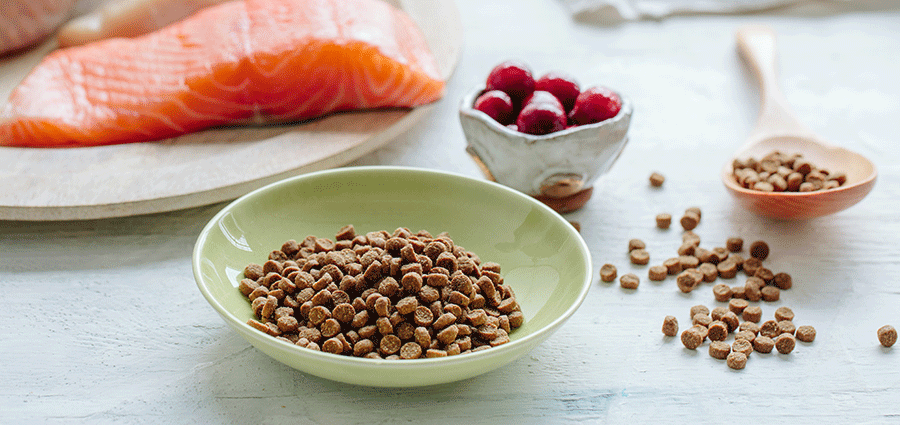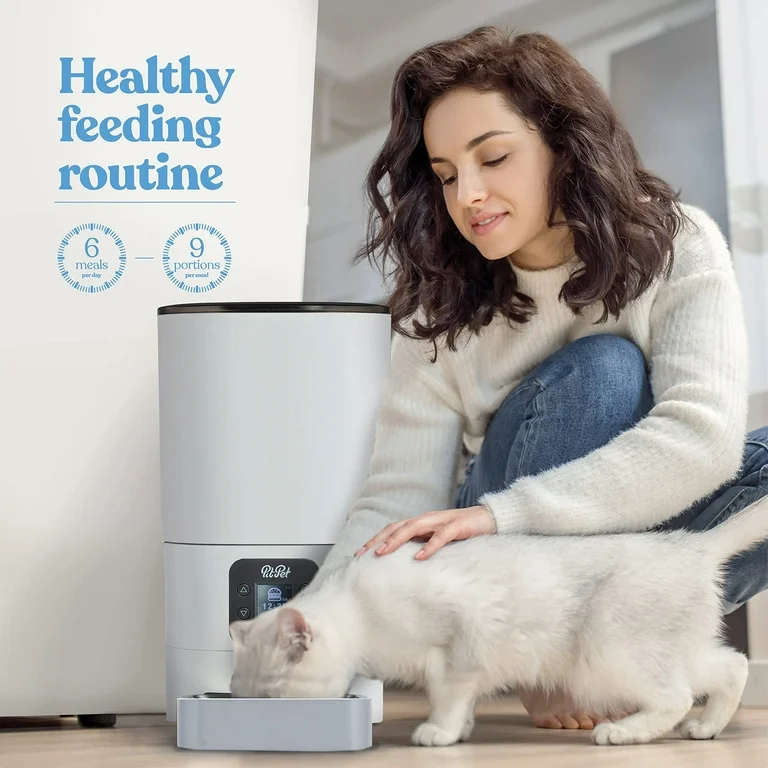
In general, proper feline nutrition keeps your feline friends healthy, happy, and active. In theory, cats are obligate carnivores; in other words, it can be assumed that most of their nutritional needs are met through meat-based sources. However, there are hundreds of nutritious foodstuffs that can ensure a balanced, nutrient-rich diet for cats. Here are the top 10 healthiest foods you can share with your cat and ensure that it remains in great shape and vivacity.
RELATED: Top 5 Must-Have Ingredients for Healthy Cat Food
1. Chicken
Chicken stands among the most common and healthiest sources of protein for cats. High in muscle-building lean proteins, chicken allows your cat’s muscular system to develop and keep its muscle mass without causing digestive stress to your cat.
Bone-free, skin-free, baked or fresh-cooked chicken should always be bone-free, skin-free, and seasonings-free. Again, avoid adding unnecessary additives.
2. Salmon
Rich in omega-3 fatty acids, salmon also serves as a crucial source that keeps the skin healthy and the coat lustrous. Some of these fats are anti-inflammatory, which can benefit your cat’s joints and possibly boost cognitive health as well. Still, raw fish is not given to your feline friends unless you ensure it is boneless, skinless, and cooked to be free of all possible health risks.
3. Turkey
Like turkey, chicken is a lean protein digestible and a great alternative to chicken. It contains essential amino acids and vitamins, especially the B vitamins for the energy supply needed for your cat. All that you must take care of is removing the skin, bones, and the seasoning before feeding it to your cat.
4. Beef
Another good protein source for a cat would be beef. Beef is full of iron, zinc, and vitamin B12, providing for overall health of an animal, muscle functionality, and immunity. When using beef as part of your feline diet, be sure to use lean cuts and cook it thoroughly to avoid the chances of parasites or bad bacteria.
5. Tuna
Cats may be attracted to tuna due to the active taste and smell it produces. Although not bad as an occasional treat, give it only sporadically. Tuna is rich in protein and omega-3 fatty acids, supporting good coat health and heart function. Always serve it in water instead of oil to make it much healthier for your pet.
RELATED: Dry vs. Wet Cat Food: What’s the Best Choice for Your Cat?
6. Sweet Potatoes
Sweet potatoes are a great plant-based food that should be incorporated into your kitty’s diet. It is rich in dietary fibers that help with digestive health and control bowel movements. Sweet potatoes also carry more abundant amounts of vitamins A and C, which would improve the kitty’s eye sight and offer a strong immune system.
7. Spinach
Although cats are obligate carnivores, balanced consumption of spinach will be absorbed with healthy nutrients including iron, calcium, and antioxidants. Spinach provides healthy blood circulation and possibly overall wellness. However, take precautions and limit servings because in some cat breeds, excessive consumption of spinach might cause kidney diseases.
8. Carrots
Carrots Beta-carotene makes carrots power packed in antioxidants, supporting your cat’s vision and immune function. Fiber in carrots serves to aid digestion in keeping your cat’s digestive system in order. Cut the carrots into small, soft pieces or lightly cook them for easy consumption.
9. Pumpkin
Pumpkin Pumpkin is known for its ability to regulate the cat’s digestive system. Pumpkin is a good source of fiber: it both heals diarrhea and constipation in cats. Also, pumpkin contains essential vitamins – vitamin A, which helps cats with eye functioning as well as the immune system. Pumpkin can be used in small portions when added to food as puree for digestion.
10. Eggs
Eggs are rich in protein combined with other essential nutrients, including amino acids, vitamins, and minerals. Indeed, scrambled or hard-boiled eggs, seasoned or not oiled, can be a perfect snack or a meal supplement. Eggs are more useful for older cats that require much more protein for the upkeep of muscles.
Conclusion
A balanced diet is great for your cat’s general welfare and health. Including lean meats, fish, vegetables, or eggs in their diet will ensure the proper nutritional requirements for a long, active life. But any major changes to your cat’s diet should be discussed with your veterinarian since each cat is unique.





